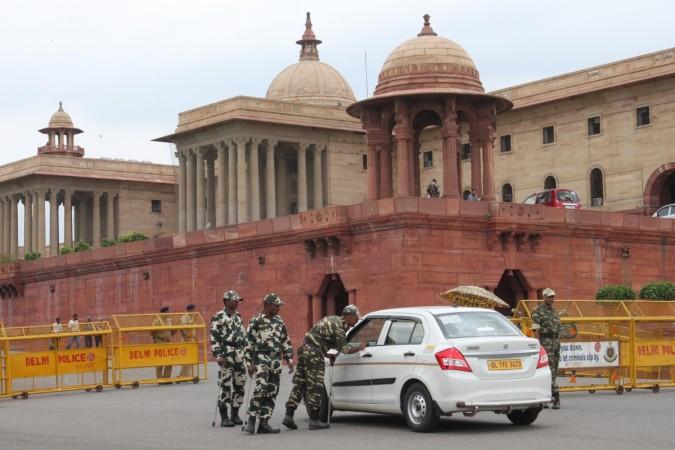
A government clarification that the authorities will not force start-ups to pay taxes on the investments they have received has failed to remove fully the entrepreneurs' worries, a report says.
The Central Board of Direct Taxes (CBDT) has said the government will form a committee of experts to the issue of start-ups' recognition and examine tax burden on a case-y-case basis.
The decision came at a meeting of Revenue Secretary Ajay Bhushan Pandey, Department of Industrial Policy and Promotion (DIPP) Secretary Ramesh Abhishek, and CBDT Chairman Sushil Chandra, a CBDT statement said.
The committee that DIPP sets up will have experts from the Indian Institutes of Technology (IITs) and the Indian Institutes of Management (IIMs) will review the eligibility for tax exemptions of the start-ups.
The DIPP will notify the panel in a week, the statement said.
Several start-ups have been service income-tax department's notice to explain the premium they received on share sales, which raises the threat that they would have to pay a tax on the premium above the fair value.
"The CBDT recognises that start-ups are going to bring a lot of innovation to the country and, therefore, have to be supported in every possible manner," according to the statement.
However, media reports say, the income-tax department is unlikely to withdraw the scrutiny notices it has issued to some start-ups. A source in the department told the Business Standard that while there would be no coercive action, the scrutiny would continue in a regular manner.
"Notices were issued to those start-ups that have been unable to explain the rationale of high share premium received from the issuance of new shares in unlisted firms. In some cases, the cash flow of these start-ups was low or nil, in which case, the excess amount over fair value is taxable," the report quoted an official as saying. Such start-ups did not deserve exemptions under the rules, the official said.
Sources said the income-tax department was examining the genuineness of the funding claims of the start-ups in the background of reports that some were acting as facilitators for financial irregularities. The notices served under the anti-evasion provisions sought clarification based on provisions to prevent money laundering and other tax frauds.
The sources said if the start-ups could justify the premium they got on the share sale, there would not be any tax obligation on them.














